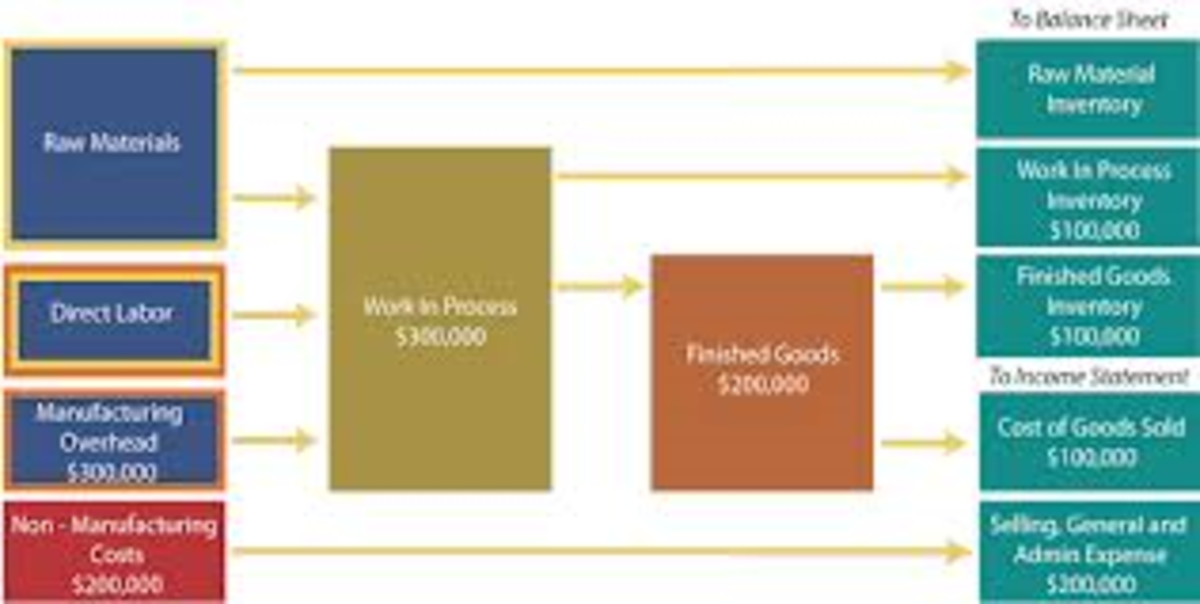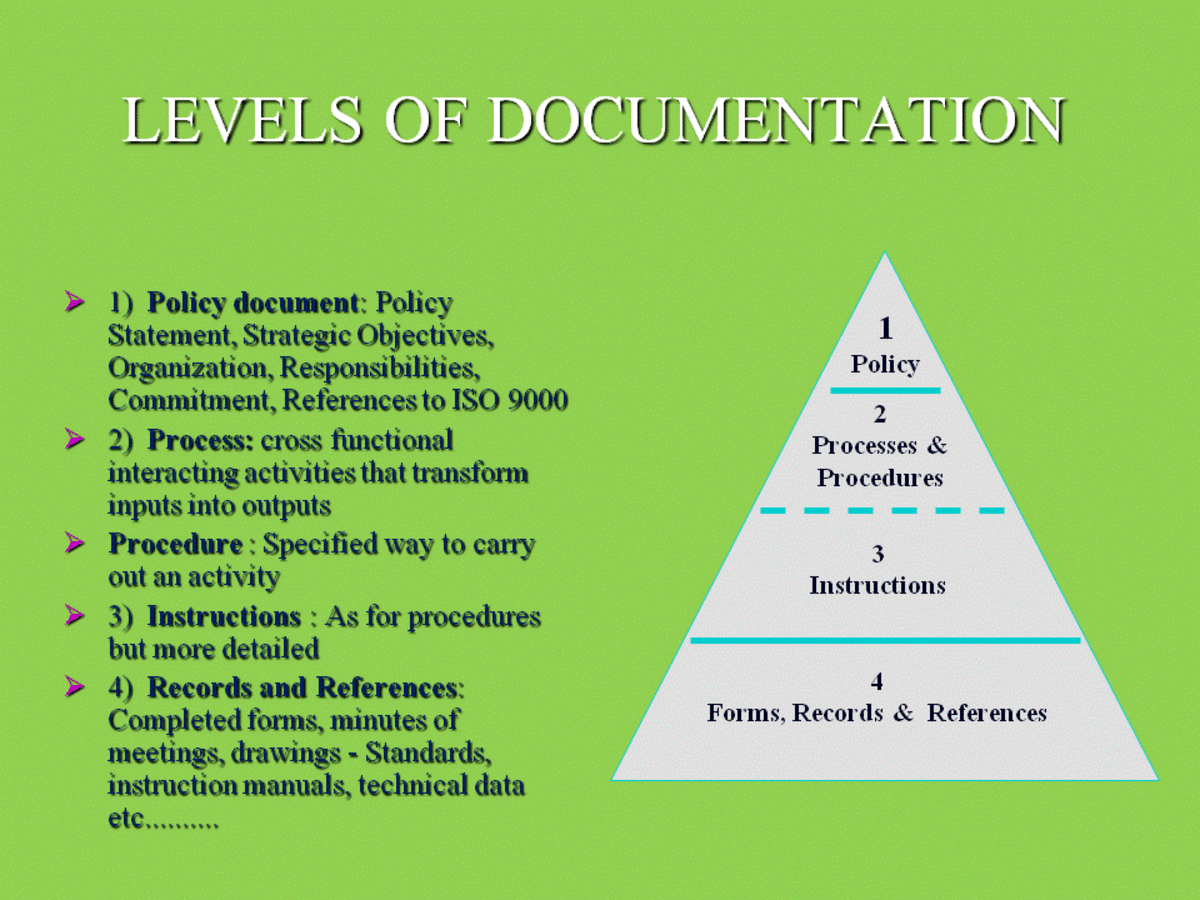Why Great Managers Succeed: They Know What and How to Delegate
(#2 in a series)
In my last article I wrote that your real job as manager/supervisor is to get your departmental work done through others, not to do it yourself. You have other, managerial, work to do. Delegation is a critical management skill and the unwillingness or inability to delegate is a leading cause of management failure. By delegating meaningful assignments to workers capable of doing it, you will be developing their skills and freeing up time for you to do your managerial duties.
Delegate All You Can Using Your Technical Background Properly
Having a strong technical or professional background is a real benefit if you use it correctly. It helps you to understand the technical aspects of the work, and to delegate properly by explaining the assignment comprehensively: what is to be done, why it is important, and what the results should look like (your expectations). Furthermore, your technical background enables you to effectively coach throughout the assignment if you are asked for help.
HOWEVER, a strong technical or professional background is a disadvantage if you continue to do the work yourself, if you micromanage after delegating an assignment, or if you insist on having things done only your way. Just because you are capable of doing the work is not an excuse for doing it yourself. Unfortunately, many poor managers don’t understand this.
If you are personally involved in any workflow, be sure to act quickly. If you delay any decisions or any part of the work process, you become the bottleneck. I once had a boss who had to review and approve every market research study proposal. He sat on them so long that, by the time he decided to approve the study, it was almost to late to do the work.
What to Delegate
Delegate anything that is challenging, meaningful, adds responsibility to an employee’s job, or can help develop his or her skills. Try not to do any meaningful work or assignment yourself if someone else in your department can do it, unless it is confidential or intended exclusively for managers. By delegating meaningful work you make the employee’s job more challenging, reduce frustration, resentment or boredom, increase job satisfaction, and help build self-esteem.
How to Delegate
Using your professional or technical knowledge as an advantage, clearly define the assignment, goals, deadlines, and your expectations. Explain why the work is being assigned and why it is important to the company or the customer. Ask how the employee feels about the assignment and discuss whether any new training is needed. Then ask for a commitment. People are more likely to commit to an assignment if they understand its importance and believe in it. Moreover, if they fully understand the assignment, they can be more creative in their approach to getting the work done.
After You Delegate
Once you delegate a project, get out of the way. Make yourself available as a coach and consultant, but avoid micromanaging, which can disrupt the process and cause employee frustration. Do not pull up the roots just to see how things are growing.
After you delegate and explain a major assignment, wait a few days and then ask the employee how things are progressing. Ask if any questions have come up since the project was assigned, and ask about the project timeline. The answers will tell you how well the employee understood the assignment and if anything needs clarification, and it alerts you to signs of anxiety or confusion that could impede the desired results.
What Not to Delegate
Some managerial duties or assignments should not be delegated; you must do them yourself. They include planning, preparing budgets, hiring, enriching jobs, setting goals, conducting performance reviews, staff development and sensitive assignments requested by top management.
Also, don’t give an assignment to someone who is not good at or does not like doing that type of work. Doing so will force people to be mediocre. Put people into positions where they enjoy their work and are good at it.
Steven R. Smith is the author of Managing for Success: Practical Advice for Managers, a concise,150-page guide to help managers and supervisors succeed. It is based on the author’s 42 years of industry experience at 15 different companies. For more information on this book go to: http://www.Successfulmanaging.com.



